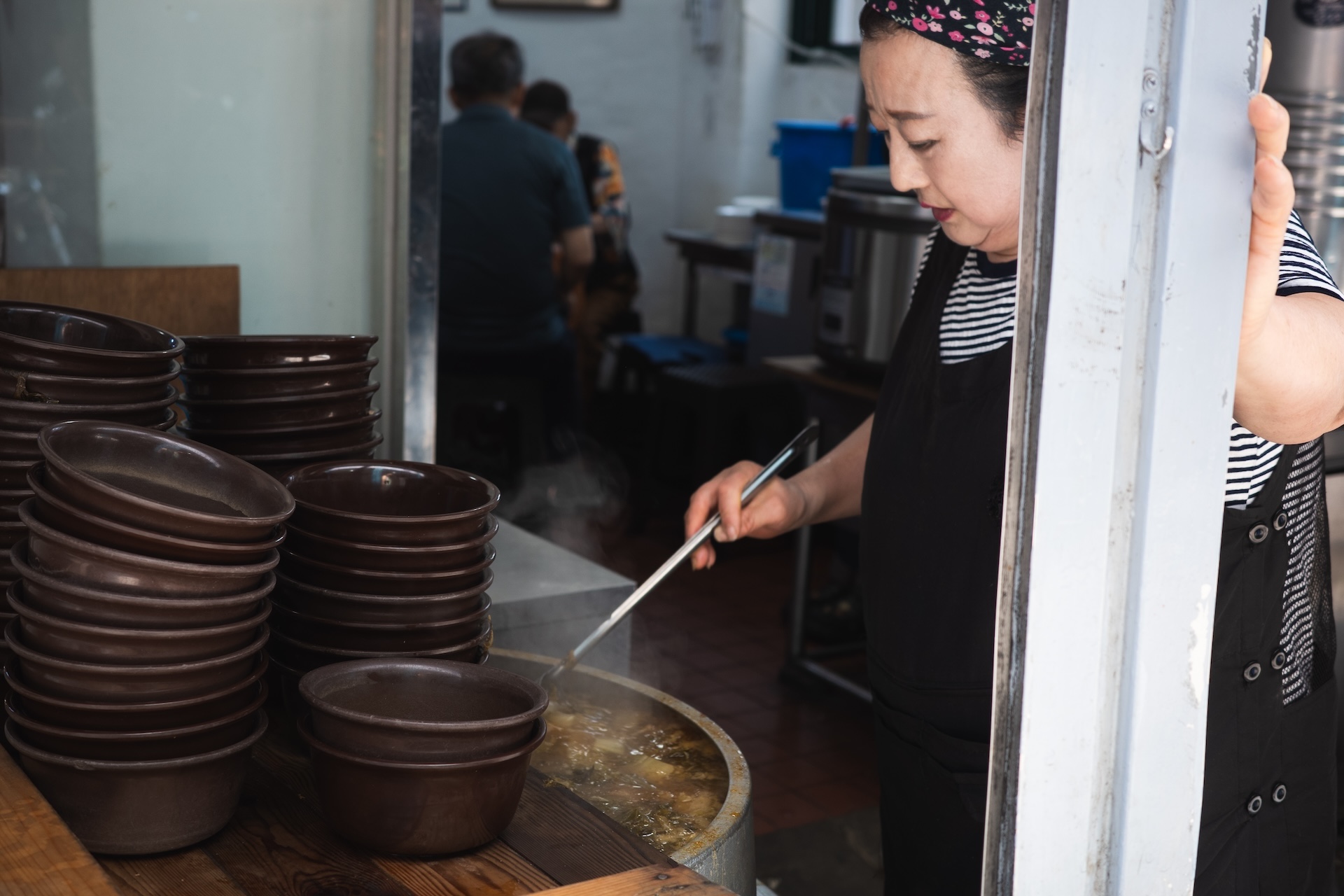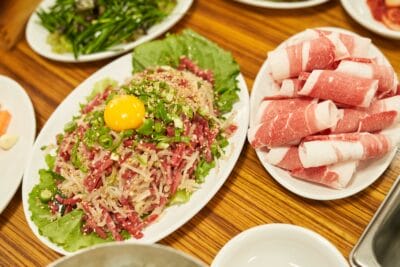We can't find the internet
Attempting to reconnect
Something went wrong!
Hang in there while we get back on track
Scenes from Our New Seoul Tour: A Photo Essay
We can't find the internet
Attempting to reconnect
Something went wrong!
Hang in there while we get back on track

Related Stories
We can't find the internet
Attempting to reconnect
Something went wrong!
Hang in there while we get back on track







